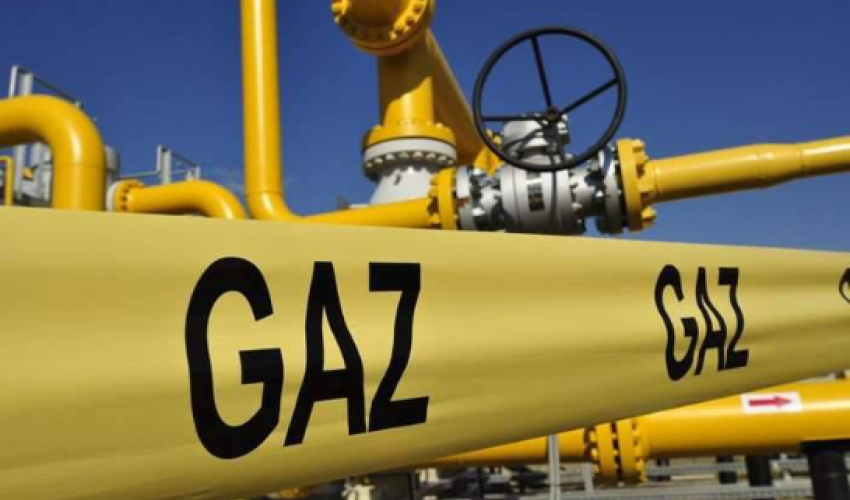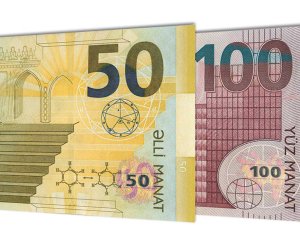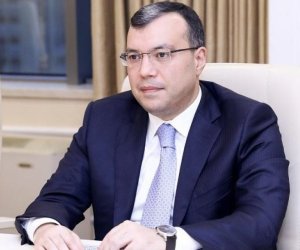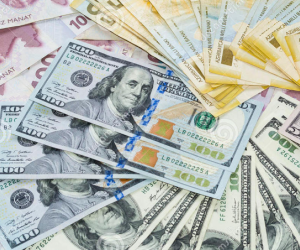Senate discusses Turkmen gas transit via Azerbaijan

During recent U.S. Senate Foreign Relations Committee hearings, the issue of transporting Turkmen natural gas to Europe via the Caspian Sea and through Azerbaijan resurfaced, centering on the long-stalled Trans-Caspian Gas Pipeline (TCGP) project.
Senator Steve Daines (R-Montana), a member of the Senate Energy and Natural Resources Committee, raised the topic in a question to Secretary of State Marco Rubio, linking it to Europe's energy security and the need to reduce dependence on Russian energy.
Daines criticized the EU’s green transition for limiting fossil fuel investment and argued for diversifying Europe’s energy imports through Caspian routes. He referred to the pipeline connection between Turkmenistan and Azerbaijan as being “just 20 miles,” although the actual proposed route spans around 300 kilometers (186 miles).
Rubio’s response indicated limited familiarity with the specifics of the Trans-Caspian project. While he expressed general support for energy diversification and regional cooperation, he avoided commenting directly on Russia’s role or existing obstacles, aligning with the broader cautious stance of the Trump administration toward direct geopolitical competition with Moscow.
Senator Daines, who visited Turkmenistan and Tajikistan in late 2024, has emerged as a strong advocate for deeper U.S. engagement in Central Asia. He argued that Turkmenistan’s vast gas reserves remain underutilized due to export constraints, with China and Russia as the only major buyers. The TCGP, he claimed, could unlock European markets via the Southern Gas Corridor.
However, financing remains a key issue. Despite a 2022 EU-Azerbaijan agreement to double gas supplies to Europe to 20 bcm annually, progress has been hindered by the European Bank for Reconstruction and Development’s reluctance to fund fossil fuel projects and the lack of long-term buyer commitments.
Daines concluded by positioning Azerbaijan as a potential “cork in the bottle” for Central Asia — a key transit hub that could open access to Western markets and reduce the region’s reliance on China and Russia.




































 Photo
Photo 



 Video
Video 

